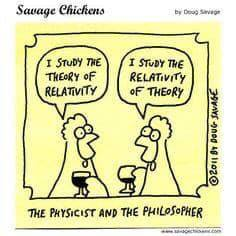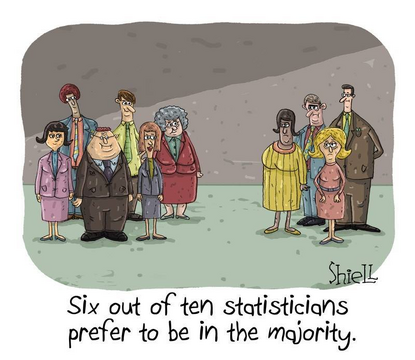Soupie
Paranormal Adept
@ConstanceAre you satisfied that you have sufficiently unpacked and analyzed those concepts? If not, what is missing for you? Or are you simply content with collecting different viewpoints on them, without necessarily running any analysis on them?
No, I haven’t sufficiently explored the topic of consciousness.
I’m still exploring the mbp. I’m particularly interested in the self-referential nature of the mbp. The seeming duality between the perceived and the perceiver, the known and the knower, subject and object, Etc.








